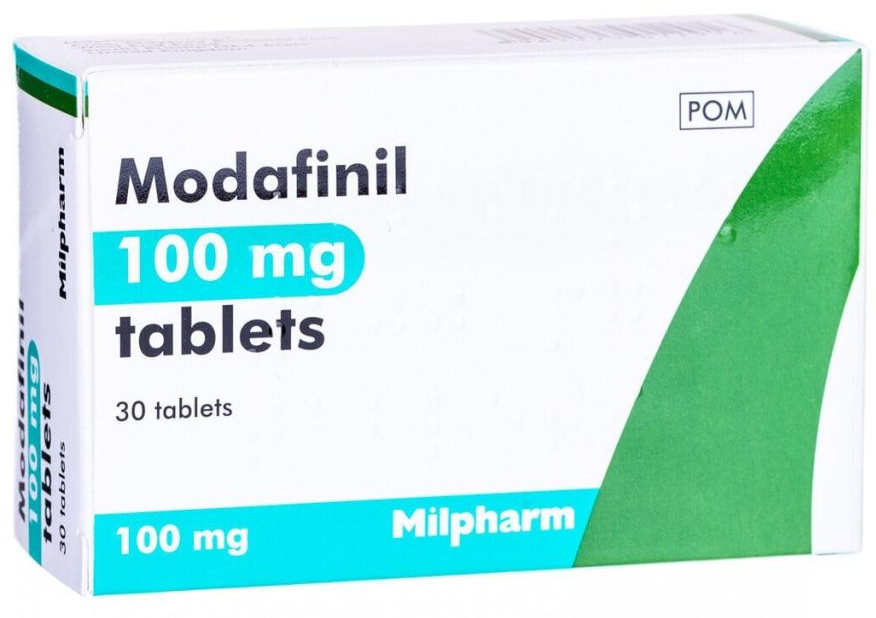
Modafinil
Modafinil is a wakefulness-promoting medicine used to help adults stay alert during the day. It is most often prescribed for excessive daytime sleepiness linked to narcolepsy, obstructive sleep apnoea treated with CPAP, and shift work sleep disorder. Many people find it improves concentration, reduces fatigue, and supports safer daily functioning.
UK ORDERS: Due to post Brexit issues, alternative shipping arrangements may be necessary. Consult with support after order to determine best option.
Modafinil 100mg | 60 Tablets | €169 | |
|---|---|---|---|
Modafinil 100mg | 90 Tablets | €219 |
What you need to know about Modafinil
Modafinil promotes wakefulness by influencing neurotransmitters involved in alertness (including dopamine and norepinephrine). The exact mechanism is not fully understood.
It is licensed in the UK for narcolepsy (with or without cataplexy). It is not routinely recommended for other sleep disorders.
By mouth once daily in the morning (or split morning/noon doses) with or without food, as directed by your specialist.
Adults typically start at 200 mg once daily, with some patients using 100–400 mg/day depending on response and tolerability. Follow your specialist’s plan.
Headache, nausea, decreased appetite, anxiety, nervousness, insomnia, dizziness, dry mouth, and increased heart rate/blood pressure. Rare but serious: severe rash (SJS/TEN), hypersensitivity reactions, psychiatric reactions (mania, aggression, suicidal thoughts), and heart rhythm problems.
Avoid alcohol. It can unpredictably increase or decrease sedation and may worsen side effects.
Narcolepsy affects fitness to drive. You must follow DVLA rules—inform the DVLA and do not drive until your specialist confirms it is safe and your licence is restored. Even then, do not drive if sleepy, dizzy, or impaired.
Skin reactions, psychiatric effects, increased blood pressure/heart rate, interactions that reduce hormonal contraceptive effectiveness, and rare liver or blood disorders. Not recommended in pregnancy; effective contraception is required during treatment and for 2 months after.
It can reduce effectiveness of combined oral contraceptives, progestogen‑only pills, and implants—use non‑hormonal or IUD methods. Interacts with CYP3A4 substrates (e.g., ciclosporin), CYP2C19 substrates (e.g., some SSRIs/TCAs), and may affect warfarin. Avoid other stimulants without specialist advice.
Consult with your doctor, the Patient Information Leaflet, NHS guidance on narcolepsy, and MHRA safety updates. Your pharmacist can advise about interactions and contraception.
